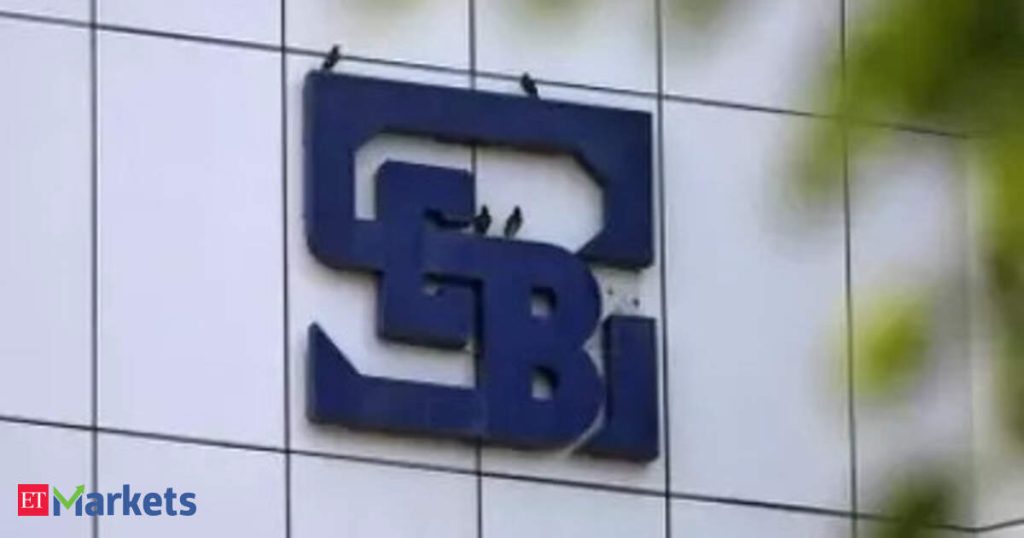
The reforms have been authorized within the 210th Sebi board assembly and apply to PSUs—excluding banks, NBFCs, and insurance coverage corporations—the place the Authorities of India or different PSUs maintain a minimum of 90% of the whole shareholding.
The amended Sebi delisting rules will enable eligible PSUs to delist by means of a set worth mechanism. This route does away with the prevailing requirement of acquiring a two-thirds majority approval from public shareholders. The brand new framework goals to handle challenges confronted by PSUs with a really low public float, the place market costs typically don’t mirror their true monetary efficiency or worth.
Beneath the brand new guidelines, the delisting worth should be a minimum of 15% above the ground worth. The ground worth, in flip, should be the best among the many volume-weighted common worth over the previous 52 weeks, the best acquisition worth previously 26 weeks, or a valuation decided by two unbiased registered valuers.
To guard residual public shareholders, Sebi has additionally laid out a mechanism for unclaimed funds. If any eligible PSU goes for voluntary strike-off inside 13 months of delisting, the cash on account of non-tendering shareholders might be transferred to a chosen account for seven years, after which it would transfer to the Investor Training and Safety Fund (IEPF) or SEBI’s Investor Safety and Training Fund (IPEF). Buyers can nonetheless declare their dues from these funds after the switch.
Additionally Learn: Sebi board assembly: Regulator approves PSU delisting, IPO reforms, dematerialisation of Securities. 10 key takeawaysThese proposals have been finalised after a public session course of in Might 2025 and inputs from Sebi’s Major Markets Advisory Committee. The transfer is anticipated to make delisting simpler, sooner, and less expensive for qualifying PSUs.
(Disclaimer: Suggestions, recommendations, views and opinions given by the specialists are their very own. These don’t symbolize the views of Financial Instances)






